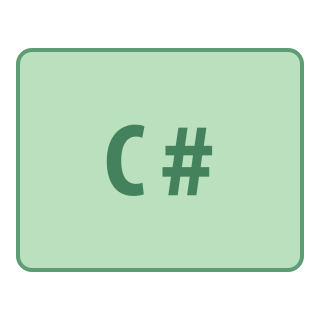Custom Grids View
Custom Grids allow you to create grids in the UI for any entity that will automatically work across all our multi-platform client applications. These grids can be used in any custom layouts you make, or can also replace default system grids with ones offering different features, column ordering, or information you want. As with all our auto-code designers you can configure the system using the designer or allow it to provide you with the full code for your design that you can then tailor to your desire, compile and add-in to the system.
Custom Grid Properties
Every Custom Grid has the following properties:
| Name | Description |
|---|---|
| [Required] Entity Type |
Indicates which entity you want to design a grid for. |
| Load Dynamically * | This indicates the system will dynamically load your Grid into UI client applications immediately. The alternative is the designer can provide you the actual code for this grid. You can incorporate that code in your own DLL and add that as an Add-In to the platform itself using our Add-In Modules. |
| [Key] [Required] Name |
A friendly uniquely identifying name for this grid |
| Replace System View | Provides a list of other grids in the system for this Entity Type. You can override any of those grids with this Custom Grid. Whenever the system would load that grid, if you've overridden it, then it will load this one instead. |
| Description | A user friendly description of this grid |
Tip
[*] Load Dynamically: If you set a grid as Load Dynamically=true then the system will automatically load this grid into the system. Unlike the Custom Entity designer this isn't changing anything in the back-end (the grid is a UI component only) so you don't need to concern yourself if you create the same grid in code and load it in as well as having this designed one. That isn't the case with Custom Entities.
Commands
Note
A custom grid has the standard set of commands and functions when being viewed from a grid. See our standard grid functionality.
Tip
As well as our standard export/import capabilities, Custom Grids can be exported and imported as packaged xml files to transfer configuration across systems. This is another area where you will want a shared Unique ID for your custom entity if the same databases are referenced from one web service. Again this is available from the grid commands.
When opened the Custom Grid view has the following custom commands:
 View Code see more:
View Code see more:
This command will export the code for this Custom Grid to a c# file of your choosing. The code will contain the definition for your custom grid and it's associated columns. Alter Icon:
Alter Icon:
This enables you to specify a custom icon to be used by default throughout the system when referring to your custom grids.
See our guide on Custom Images for further information.